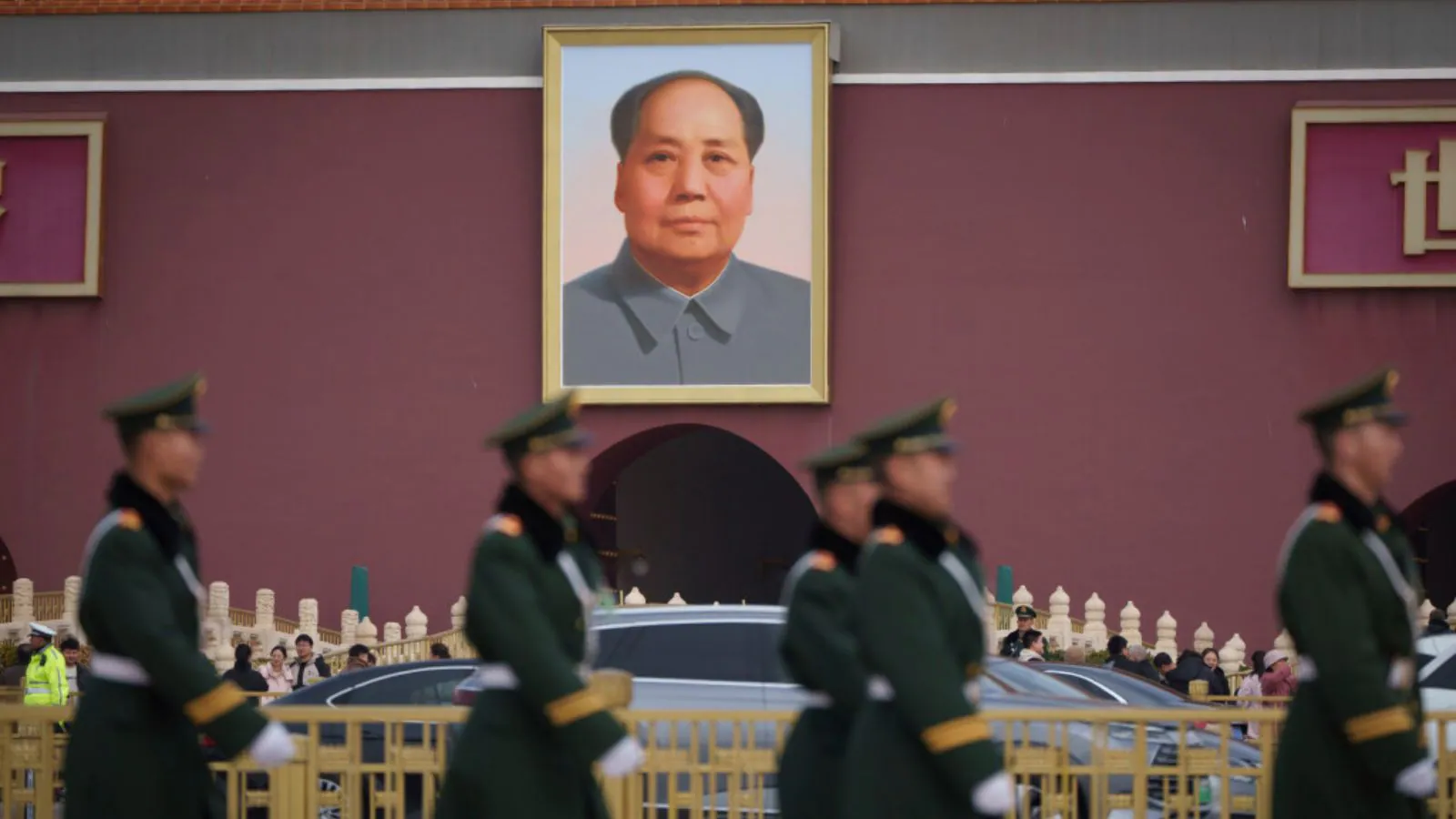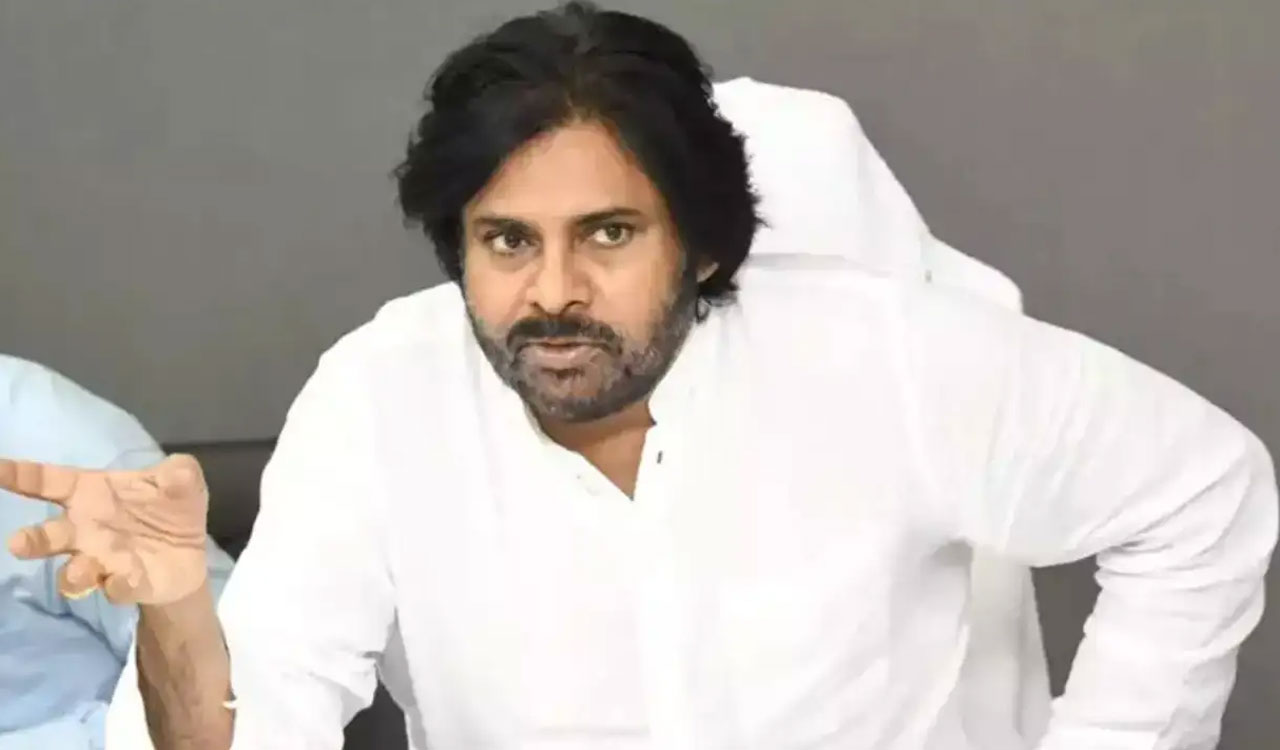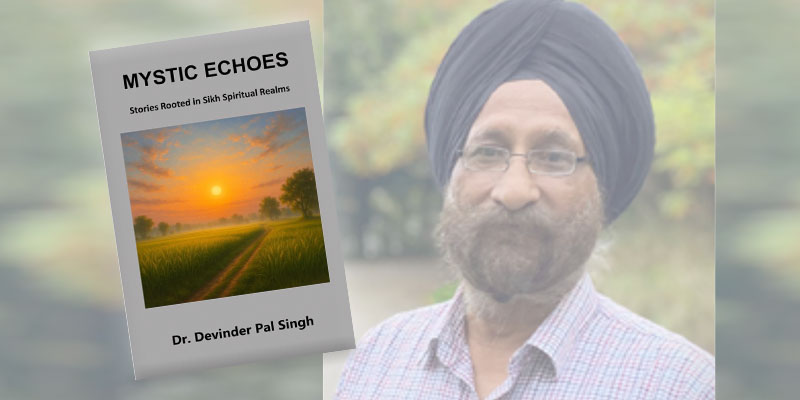By Diksha Modi,News18
Copyright news18

Few political figures of the 20th century loom as large as Mao Zedong, the founding father of the People’s Republic of China. Yet behind the larger-than-life image of a revolutionary leader, hailed for transforming China into a formidable world power, lay personal habits that were highly unorthodox and often shocking. These revelations came to light through his personal physician, Dr Li Zhisui, in the book The Private Life of Chairman Mao.
According to the physician, Mao Zedong never brushed his teeth in his lifetime. Instead of using a toothbrush, Mao preferred rinsing his mouth with tea leaves each morning. “A lion never washes its mouth, yet its teeth remain sharp,” Mao is believed to have argued when doctors advised him otherwise. The result, Dr Li writes, was disastrous; his teeth acquired a greenish hue, his gums began to rot, and pus reportedly formed, yet Mao remained indifferent.
Born in 1893 in Shaoshan, Hunan Province, Mao rose to prominence as the leader of the Chinese Communist Party and declared the founding of the People’s Republic of China on October 1, 1949. Time magazine later ranked him among the 100 most influential people of the 20th century. In China, he is still revered for laying the foundations of the nation’s economic, technological, and cultural trajectory. Yet, as Dr Li’s memoir reveals, Mao’s personal life was starkly different from the image projected by the state.
Mao, Dr Li records, detested bathing and rarely took one, though paradoxically, he was an avid swimmer. In 1966, on the eve of his 70th birthday, he famously organised a “Cross-Yangtze Swimming Competition”. The spectacle saw over 5,000 participants, but what made headlines across China was the claim that Mao himself completed a 15-kilometre stretch in just 65 minutes, a feat that implied a speed even the world’s fastest professional swimmers could not achieve. Although no independent video evidence was ever released, state-run newspapers insisted that Mao’s stamina and vigour at his age were “superhuman”.
Another peculiarity noted by his physician was Mao’s attachment to his bed. Wherever the leader travelled, even overseas, his personal bed was shipped along. His daily rhythm too was unconventional. Mao preferred to work at night, often beginning his day when others were asleep and retiring to bed at dawn.
Growing up amid fields and forests, Mao never warmed to modern sanitation. He is said to have disliked toilets and instead chose to relieve himself in the open, often accompanied by bodyguards. During his first trip to Moscow in 1949, Mao reportedly grew furious when Soviet hosts kept sending meals to his hotel room without the grandeur he had expected. In anger, he is said to have exclaimed that he had not come to Russia “just to eat and use the toilet”.
Mao’s flamboyance extended to his relations with women. Much like North Korea’s rulers who surrounded themselves with entertainers, Mao kept a troupe of young women called the “Cultural Work Troupe,” ostensibly for dance performances. After the shows, Dr Li claims, Mao would often select a dancer for his company.
As he grew older, his liaisons multiplied. Many young women contracted sexually transmitted diseases from him, but the doctor’s warnings went unheeded. In fact, Mao reportedly believed that such encounters helped restore his vitality. In the highly controlled political environment of the time, these women rarely protested, their silence possibly born out of fear, but also a sense that intimacy with Mao was a mark of honour.
Mao’s eccentricities were not confined to his private life. His policies too carried grave consequences. In 1958, he launched the “Four Pests Campaign”, ordering the extermination of mosquitoes, flies, rats, and sparrows. But sparrows, as it turned out, played a critical ecological role in controlling insects that preyed on crops. Their disappearance triggered insect infestations on an unprecedented scale, leading to massive agricultural losses and famine. Historians estimate that nearly 15 million people perished due to starvation during this period, one of the darkest chapters of Mao’s rule.
Seventy-six years after he declared the birth of the People’s Republic on October 1, 1949, Mao Zedong remains an enduring figure in China and across the world. To his admirers, he was the architect of modern China, steering a fragmented nation towards unity and power. To his critics, he was a leader whose eccentricities and disastrous campaigns brought immense suffering.



